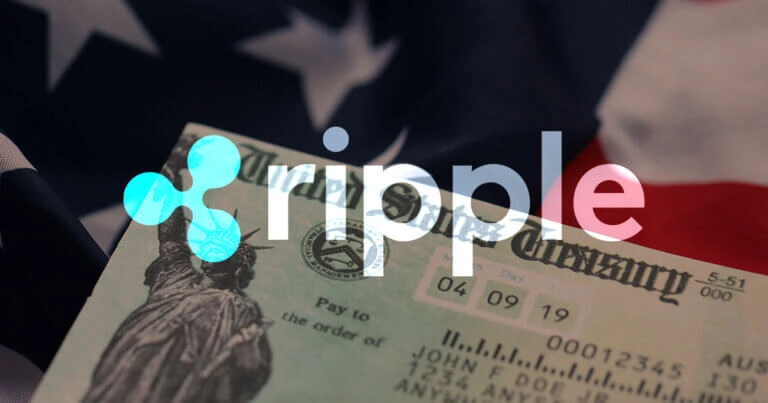Ripple starts testing its stablecoin RLUSD on XRP Ledger and Ethereum
 Ripple starts testing its stablecoin RLUSD on XRP Ledger and Ethereum Gino Matos · 3 days ago · 2 min read
Ripple starts testing its stablecoin RLUSD on XRP Ledger and Ethereum Gino Matos · 3 days ago · 2 min read
The RLUSD is not available for retail users yet, as Ripple tests the stablecoin with its enterprise partners.

2 min read
Updated: Aug. 9, 2024 at 9:15 pm UTC

Cover art/illustration via CryptoSlate. Image includes combined content which may include AI-generated content.
Ripple has initiated beta testing of its USD-backed stablecoin, Ripple USD (RLUSD), on the XRP Ledger (XRPL) and Ethereum mainnet. According to the announcement , Ripple wants to bring “high-quality assets to the XRPL,” enhancing liquidity and institutional use cases.
RLUSD is currently unavailable for purchase or trading as it undergoes testing by Ripple’s enterprise partners. The company warns users to be cautious of potential scams exploiting the Ripple brand during this phase.
According to the announcement:
“This phase is crucial for ensuring that the stablecoin meets the highest standards of security, efficiency, and reliability before it becomes widely available, and after receipt of regulatory approval.”
Moreover, Ripple wants to integrate RLUSD and XRP into its cross-border payments solution once the stablecoin becomes available, as well as expand the usage of RLUSD to DeFi protocols.
RLUSD maintains a 1:1 value with the US dollar, backed by US dollar deposits, short-term US government treasuries, and cash equivalents. Ripple commits to monthly attestations and third-party audits of reserve assets.
The company has provided contact addresses for the XRPL Explorer and Ethereum token contracts, facilitating transparency during the testing phase.
Tailwinds of a court win
On Aug. 7, District Judge Analisa Torres from the District Court of the Southern District of New York partially rejected the SEC’s motion for remedies in their lawsuit against Ripple filed in 2020.
In July 2023, the judge found that Ripple’s institutional sales of XRP constituted investment contracts and, therefore, violated securities laws. However, their programmatic sales to retail weren’t considered distribution of unregistered securities.
Thus, the SEC motion demanded over $2 billion from Ripple as compensation for allegedly selling XRP as an unregistered security.
Torres maintained her decision and ruled that Ripple pay a $125 million fine for 1,278 transactions that violated Section 5 of the Securities Act of 1933 (the “Securities Act”), 15 U.S.C. §77e(a),(c).
As a result, the lawsuit was concluded, and XRP was not considered a security under US law.


